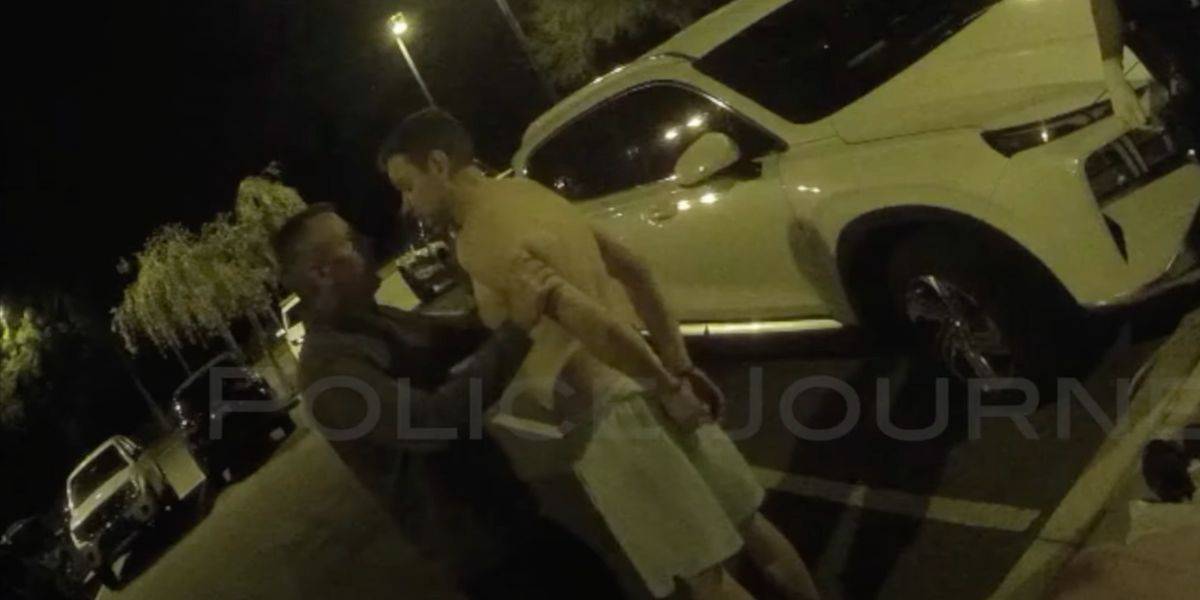On July 1, almost 200 new Florida laws took effect. Though Florida Governor Ron DeSantis didn’t sign the onslaught of legislation as part of his ongoing battle against The Walt Disney Company, some laws impact Walt Disney World Resort.
With the help of Florida lawmakers, Gov. DeSantis directly targeted Walt Disney World Resort in 2022. After former Disney CEO Bob Chapek condemned the anti-LGBTQIA+ Parental Rights in Education Act (“Don’t Say Gay”), DeSantis dissolved the Reedy Creek Improvement District under Florida state law.
The special district encompassed Magic Kingdom Park, EPCOT, Disney’s Animal Kingdom Theme Park, Disney’s Hollywood Studios, Disney Springs, two water parks, and dozens of Disney Resort hotels. Walt Disney World Resort controlled the area since 1967 under an agreement with the Florida legislature.
DeSantis renamed Reedy Creek to the Central Florida Tourism Oversight District and nominated board members to control the area. Under CEO Bob Iger, The Walt Disney Company sued Gov. DeSantis for allegedly violating its First Amendment right to protected speech. The former Republican presidential candidate countersued.

In January, a judge dismissed Disney’s initial lawsuit against DeSantis. Subsequent legal battles are ongoing, but DeSantis touted victory over the House of Mouse.
Over the last few months, DeSantis has been busy signing hundreds of bills that took effect on July 1. Some laws, but not all, directly impact Walt Disney World Resort.
New Florida Laws That Impact Walt Disney World Guests & Locals

Walt Disney World Resort property encompasses parts of Orange County and Osceola County. Its mailing address is in Lake Buena Vista, though most of the Disney parks and Disney Resort hotels are in Bay Lake.
Related: Republicans Block Disney From Regaining Control of Reedy Creek Improvement District
The Walt Disney Company shares Central Florida with thousands of neighbors, all impacted by many of the 185 bills from the 2023 legislative session that took effect on Monday. Some laws even impact Sunshine State visitors, including guests at Walt Disney World Resort.
HB 601 – Police Misconduct Investigations

On April 12, Florida Gov. Ron DeSantis signed HB 601. The law prevents civilian review boards from investigating individual police officers for alleged wrongdoing while on the job.
At least 21 cities in Florida have civilian review boards, including nearby Tampa. As of July 1, these boards are forbidden from investigating misconduct complaints against police officers. Instead, county sheriffs can establish their own oversight boards consisting of three to seven retired sheriffs.
The law makes it much more difficult for Floridians or tourists stopped by law enforcement officers to file complaints about mistreatment.
SB 1084 – Fake Meat

DeSantis signed SB 1084 on May 1, 2024. In an effort to protect cattle ranchers, the law prohibits the production and sale of lab-grown meat in Florida.
Walt Disney World Resort doesn’t serve lab-grown meat but is at the forefront of plant-based meal options. This limits future dining developments as science progresses in vegan and vegetarian cuisine.
HB 249 – Timeshare Companies’ Rights
HB 249 grants timeshare companies the same rights as hotels to call law enforcement for unruly guest behavior, including assaulting staff. Even though Disney Vacation Club holders “own” points at their Walt Disney World Resort hotels, Disney cast members can still call the police and have them removed from the property for violent or inappropriate behavior.

HB 321 – Balloon Ban
Under HB 321, anyone who intentionally releases at least one balloon in the state of Florida could face up to a $150 fine. The law replaced a previous ban on balloon releases of three or more.
Balloons are an expensive souvenir at Magic Kingdom Park, EPCOT, Disney’s Hollywood Studios, and Disney Springs. Still, some guests performed balloon releases as memorials, part of gender reveals, or for other personal reasons. Any guest seven and older caught intentionally releasing a balloon is subject to legal penalty.
Environmental protection groups championed the ban, which protects marine wildlife from ingesting or becoming tangled in balloon debris.
HB 87 – Self-Defense Against Bears

HB 87 allows Floridians to shoot black bears in self-defense regardless of whether they have a hunting license. To qualify for the legal exemption, they must not use traps to lure the animals and must genuinely fear for themselves, their loved ones, or their pets’ lives.
Had this legislation taken effect in 2023, it could’ve led to a much more tragic ending for the black bear that wandered into Frontierland at Magic Kingdom Park. Crews tranquilized, captured, and released the bear back into the wild after Disney cast members shut down half of the Disney park.
A representative for the Florida Humane Society expressed concern that the law would lead to increased, unwarranted killings of black bears by those with nefarious intentions:
“Increasing the killing of Florida’s iconic black bears under the guise of self-defense –– without requiring proof of actual danger — poses serious public safety risks and undermines responsible wildlife management.”
Black bears are incredibly docile and rarely harm humans. There are no reported fatal black bear attacks in Florida’s recorded history.
Laws That Impact Walt Disney World Resort Cast Members

Walt Disney World Resort is the largest employer in Florida–over 70,000 Disney cast members keep the magic alive in Disney Parks and Resort hotels!
Of course, almost all of the legislation that impacts Walt Disney World Resort guests and neighbors also impacts the Disney cast members who live and work in Central Florida. However, one law could severely decrease working conditions for thousands of cast members.
HB 433 – Local Employment Protections
In April, Governor DeSantis signed a bill prohibiting local governments from requiring certain employment protections for hourly workers. Municipalities can no longer require businesses to tell hourly workers their schedules in advance or provide outdoor workers with water and breaks.

Almost every Disney cast member, full-time or part-time, is an hourly employee. Walt Disney World Resort may still provide breaks and schedules for its employees under the law, but nearby municipalities can’t legally force the Disney park to do so.
These laws aren’t the end of an onslaught of legislation impacting Walt Disney World Resort. The Supreme Court recently upheld DeSantis’s social media ban for children aged 14 and under, which takes effect on January 1, 2025. It’s unclear how the law will impact visitors to the Sunshine State.
Do any of the new laws signed by Florida Gov. Ron DeSantis impact your plans to visit Walt Disney World Resort? Share your opinion with Inside the Magic in the comments.
